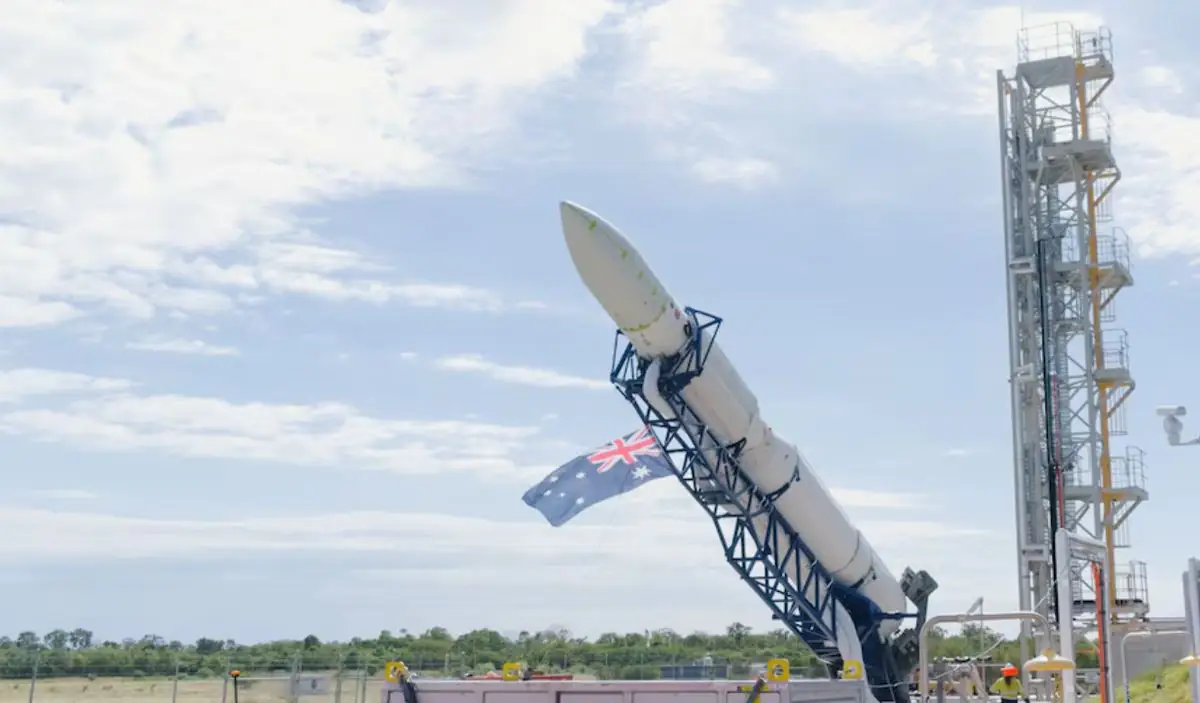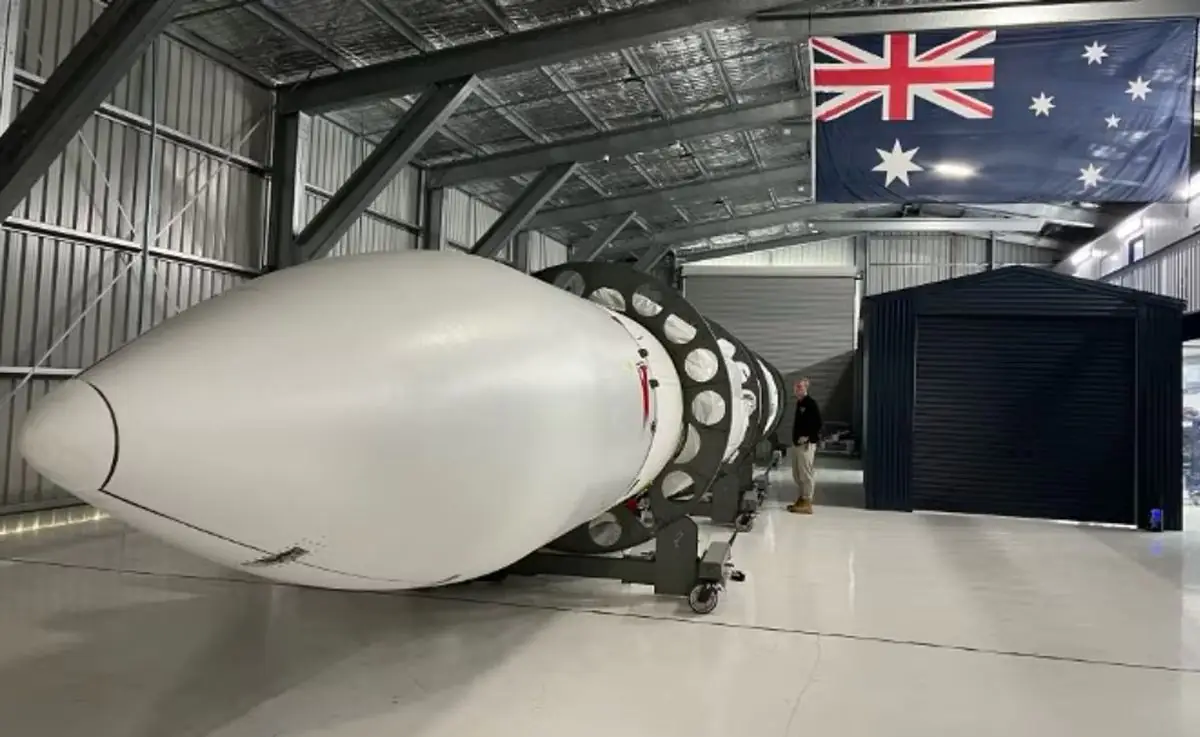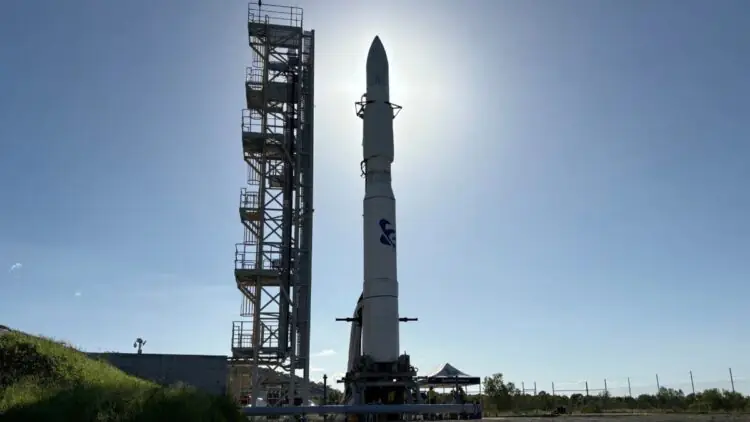Australian company Gilmour Space Technologies has announced plans to conduct the first orbital test launch of a domestically built rocket this Thursday. The Eris rocket is expected to carry an unusual payload into orbit – a jar of the iconic spread, Vegemite.
According to the company, the three-stage Eris rocket will launch from a spaceport on Australia’s east coast. If successful, it will mark the first time an Australian-made rocket has reached orbit from Australian soil.

Australia’s space agency has approved the test launch, which is expected to take place within a few days starting Thursday. The exact timing will depend on weather conditions.
Gilmour Space CEO Adam Gilmour is keeping expectations in check. “If the rocket actually makes it to orbit, I’ll probably have a heart attack because I’ll be so surprised, but insanely happy,” he said. “Look, we’ll be thrilled if it lifts off the pad – 10, 20, 30 seconds of flight would be fantastic. So orbit just isn’t within the realm of my belief right now, even if it’s theoretically possible.”
The 23-meter rocket, designed to launch small satellites into low Earth orbit, is being prepared for liftoff from the Abbott Point spaceport, located about 1,000 kilometers from Brisbane. According to Adam Gilmour, the fully fueled vehicle weighs 30 tons and uses a “fairly unique” hybrid propulsion system. It combines solid inert fuel with a liquid oxidizer, which supplies the oxygen needed for combustion.

For its test flight, the company selected a symbolic payload – a jar of Vegemite, the popular Australian spread typically eaten with toast. At this stage, the rocket is designed to carry between 100 and 200 kilograms into orbit, though Gilmour Space Technologies is already working on upgrades aimed at boosting its payload capacity in future missions.

The test launch marks the culmination of nearly a decade of research and development by the company, which has been backed by private investors.
“This is the first time an Australian company has handled the design, construction, manufacturing, and launch site. So we’ve done it all,” said Gilmour.
According to Gilmour, the company – which currently employs around 230 people – hopes to begin commercial launches by late 2026 or early 2027. “This is a test flight, which is standard for rockets. We’ll see how it goes and gather as much data as possible – the more flight time, the better,” he added.

A second rocket is already under construction, with a launch planned for later this year. The company says it’s targeting the small satellite market. “There are thousands and thousands of satellites that need to reach low Earth orbit, and there simply aren’t enough rockets. The signs are very clear, so we just need to move as fast as we can,” said Adam Gilmour.
Source: phys









